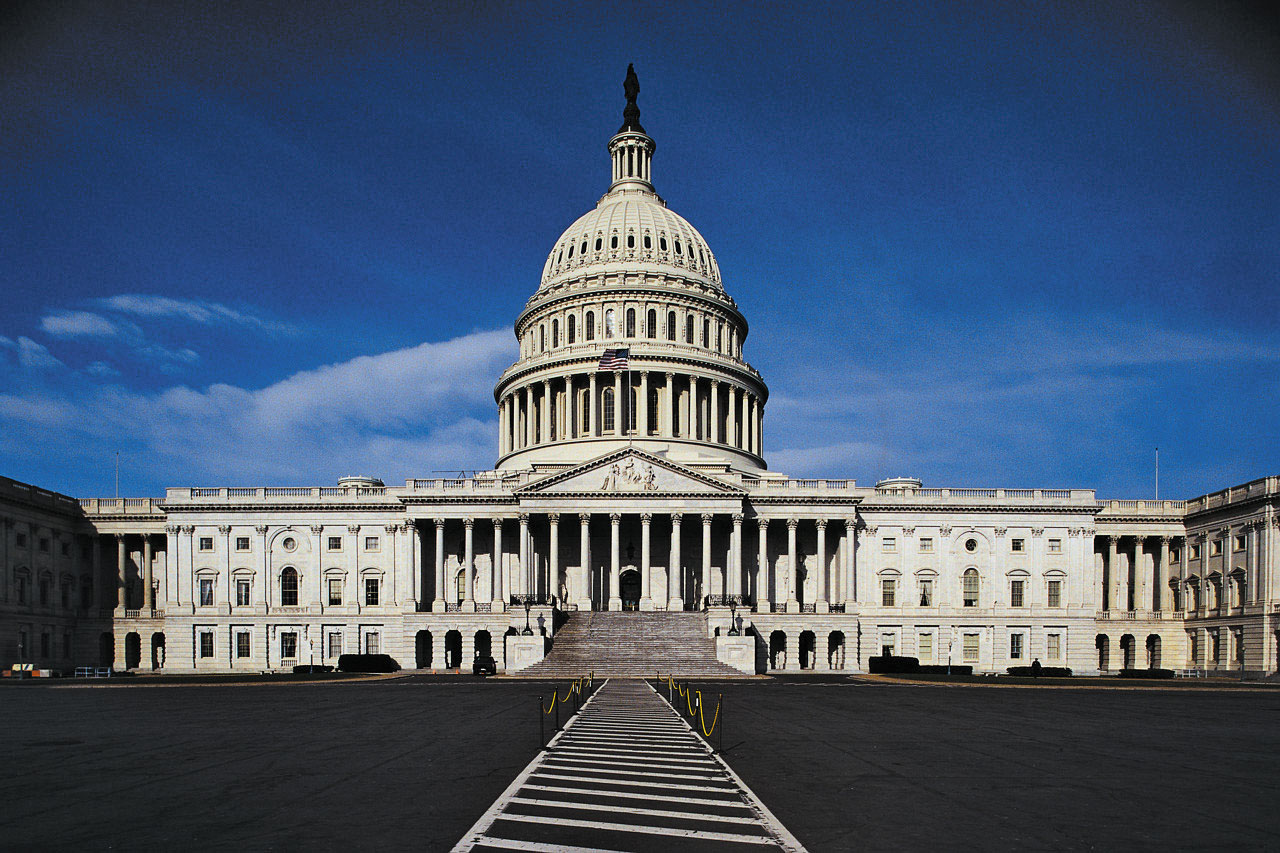Bipartisan Legislation Seeks to Reform and Extend Opportunity Zone Tax Incentive

A bipartisan bill was introduced last week that would reform the opportunity zone program, a tax incentive for individuals who reinvest unrealized capital gains into projects located in economically distressed communities.
A bipartisan bill was introduced last week that would reform and extend the opportunity zone program, a tax incentive for individuals who reinvest unrealized capital gains into projects located in economically distressed communities.
The Opportunity Zones Transparency, Extension, and Improvement Act was introduced on Thursday by Senators Cory Booker (D-NJ) and Tim Scott (R-SC), along with Representatives Ron Kind (D-WI) and Mike Kelly (R-PA).
Other co-sponsors include Senators Mark Warner (D-VA), Chris Van Hollen (D-MD), and Todd Young (R-IN), as well as Representatives Terri Sewell (D-AL), Dan Kildee (D-MI), and Jackie Walorski (R-IN).
The opportunity zone program, part of the 2017 Tax Cuts and Jobs Act, was based on the Investing in Opportunity Act, originally introduced by Senators Scott and Booker in April 2016.
The new legislation seeks to reinstate and expand the original reporting requirements that were present in the stand-alone bill from 2016 but were removed from the final tax bill due to procedural rules.
The new legislation would terminate a small percentage of opportunity zone designations for census tracts with a median family income at or above 130 percent of the national median. States would be permitted to designate a new census tract in high-need communities for each terminated under this provision.
It would also extend the tax incentive for two years to facilitate continued investment.
The bill would allow qualified opportunity funds to be organized as a “fund of funds” that could invest in other qualified opportunity funds to create pathways for smaller-dollar investments.
Other changes include providing operating support and technical assistance to high-poverty and underserved communities through a “state and community dynamism fund.” States would receive federal grants to help drive private and public capital to underserved businesses and communities.
“The opportunity zone program represents the good that leaders can do for communities across the country when we work together toward common sense solutions,” said Senator Scott. “Independent reporting shows that investments in opportunity zones are making a huge impact across the country, with billions of dollars flowing into impoverished neighborhoods. I am glad to build on that success with this legislation to make the program stronger, so that we can ensure this incentive is benefitting the Americans who need it most.”
In 2019, Senators Booker, Scott, Maggie Hassan (D-NH), and Todd Young (R-IL) co-authored a bipartisan bill that would have restored reporting requirements that were stripped from the opportunity zones language that became law in 2017.
The Government Accountability Office later released a report in October 2021, at the request of Senators Booker, Scott, and a bipartisan group, that analyzed early data from opportunity zones. The report concluded a lack of robust reporting requirements created challenges for Treasury to conduct necessary oversight.
“Gaps in opportunity zone programs have barred economically distressed areas from accessing the critical resources they need to create new local opportunities. This legislation will help close those gaps and ensure that opportunity zone investments lift up low-income communities…” said Senator Van Hollen.
The opportunity zone program was created to spur investments in distressed communities nationwide by offering potentially significant tax benefits to investors, particularly those who hold their investments long term. The 8,764 designated opportunity zone tracts are home to more than 10 percent of the nation’s population.